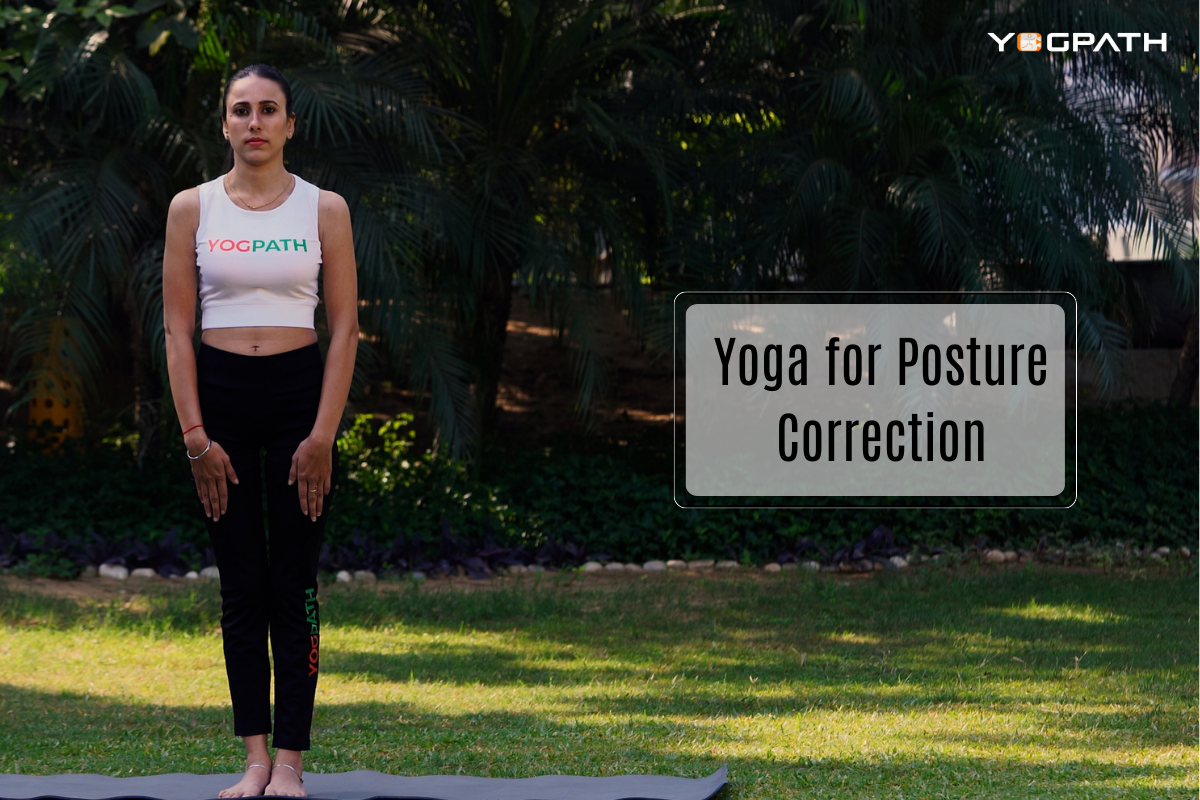
Why You’re Not Losing Weight
There could be an underlying cause if you’re eating well and exercising regularly but still not losing weight. Body weight loss attempts are met with resistance, so it may be helpful to try a new approach. At the outset of your weight loss journey, you might find that you lose a lot of weight with little to no effort. However, weight loss may stall or even stop after a certain time period.
Twenty of the most frequent obstacles to weight loss are outlined here. It also includes practical advice on how to push past the stalemate and restart progress.
1. Possibly you are losing pounds and don’t even know it.
Don’t get discouraged if you hit what seems to be a weight loss plateau.The scale may stop moving for several days (or weeks) for no apparent reason. Do not conclude that you are not shedding pounds because of this. There is usually some variation of a few pounds in body weight. Foods you eat and hormones play a role in determining how much water your body stores (especially in women).
Additionally, muscle gain and fat loss are both doable goals. If you’ve only recently begun exercising, this is a common occurrence. To lose fat, not just weight, is the goal, so this is encouraging.
An alternative to the scale is recommended for tracking your progress. Take regular measurements of your body, such as your waist size and fat percentage. Furthermore, how you look in the mirror and how well your clothes fit are also excellent indicators of your true self. If your weight fluctuates within a healthy range within 1-2 weeks, there’s probably nothing to worry about.
2. You aren’t monitoring your food intake, which is a major problem.
Weight loss requires a great deal of self-awareness. Many individuals are completely unaware of the quantity of food they consume on a daily basis. Keeping a food diary has been shown to aid in weight loss. Keeping a food diary or taking pictures of one’s meals has been shown to lead to greater weight loss success than either of these methods alone.
The potential drawbacks of food tracking become more apparent when the goal is weight loss. It has been demonstrated that calorie counting and food tracking exacerbates potentially harmful side effects for people with eating disorders.
3. You aren’t getting enough protein in your diet.
When trying to trim down, protein is a must. Consuming 25–30% of your daily calories as protein can increase your metabolism by 80–100 calories per day and cause you to consume hundreds fewer calories without even trying. It may also significantly lessen appetite and the desire to snack.
Protein’s effects on hunger hormones like ghrelin and others play a role in mediating this. Get plenty of protein with your morning meal. One study found that people who ate a high-protein breakfast experienced fewer hunger pangs and fewer cravings throughout the day.
Weight loss often causes a slowing of the metabolism, but eating plenty of protein can counteract this effect. It also aids in keeping the weight off after initial success.
4. Your caloric intake is excessive.
Many people who struggle to slim down are doing so because their caloric intake is too high. Even though you may think this doesn’t apply to you, research shows that people consistently underestimate their calorie intake by a considerable amount.
You could try keeping a food diary and weighing your food if you are having trouble losing weight. Achieving a specific nutrient goal, like consuming 30% of calories from protein, requires careful tracking. If you aren’t keeping accurate records, this may be next to impossible.
Keeping track of your caloric intake and weight all the time is not something that is required. Instead, give these methods a try for a few days once every few months to get a handle on how much food you’re actually consuming.
5. Your diet lacks sufficient whole foods.
Quality, not quantity, is paramount in terms of nourishment. Eating whole foods has been shown to boost health and aid in appetite control. These foods are typically much more filling than their highly processed counterparts.
Many processed foods marketed as “health foods” are actually quite unhealthy, so keep that in mind. To avoid eating too many unnecessary carbohydrates, check the labels and avoid any foods that list them as an ingredient.
6. You don’t do weight training
Lifting weights or engaging in some other form of resistance training is an excellent way to burn calories and shed pounds. Without regular exercise, it’s easy for muscle tissue to be burned along with fat stores. Regular weight training can keep your metabolism revved up and your muscles toned and strong.
7. You have developed a binge eating disorder.
During a binge, you consume large quantities of food in a short amount of time, usually far more than your body requires.
When attempting to shed pounds, this can be a major obstacle for many people. Binge-eating can occur on a wide range of foods, from highly processed items to relatively healthy ones like nuts, nut butters, dark chocolate, cheese, and so on. Calories still count, regardless of whether something is considered “healthy” or not.
8. You aren’t engaging in cardiovascular exercise
The term “cardiovascular exercise,” which also goes by the names “aerobic exercise” and “cardio,” refers to any physical activity that raises your heart rate. In this category, you can find exercises like running, cycling, and swimming.
One of the best ways to boost health and wellness. It is also great for getting rid of the dangerous visceral fat that collects around your internal organs and leads to illness.
9. Still drinking sugary beverages?
Beverages containing a lot of sugar are among the most fattening foods available. The calories in these foods don’t prompt your brain to reduce its intake of other, less healthy options.
This is not unique to sodas with high sugar content. This includes even supposedly “healthy” drinks like Vitaminwater, which have a lot of sugar. Fruit juices, too, can cause health problems if consumed in excess. You can get as much sugar in one glass as you would in several whole fruits.
10. You have poor sleep quality
Maintaining a healthy weight and maintaining good mental and physical health both depend on getting enough quality sleep. Sleep deprivation has been identified as a major contributor to obesity risk. Insufficient sleep increases the risk of becoming overweight by 55% in adults and 89% in children.
Here’s the deal
Trying to lose weight can be challenging, and there are a number of things that can put a stop to your progress. Having a caloric intake that is equal to or greater than your caloric expenditure is the most fundamental reason why people fail to lose weight.
You can try increasing your protein intake and doing strength exercises, practising mindful eating, and keeping a food diary. Ultimately, you’ll need a lot of patience, dedication, perseverance, and resilience to successfully lose weight and adopt a healthier lifestyle.











